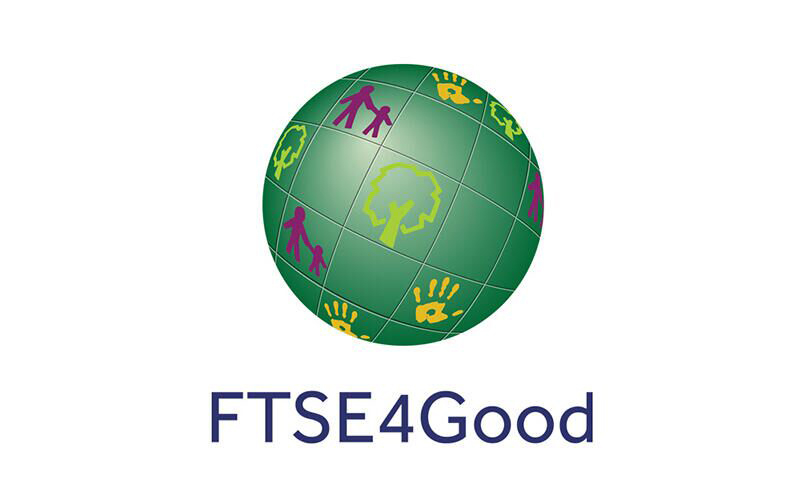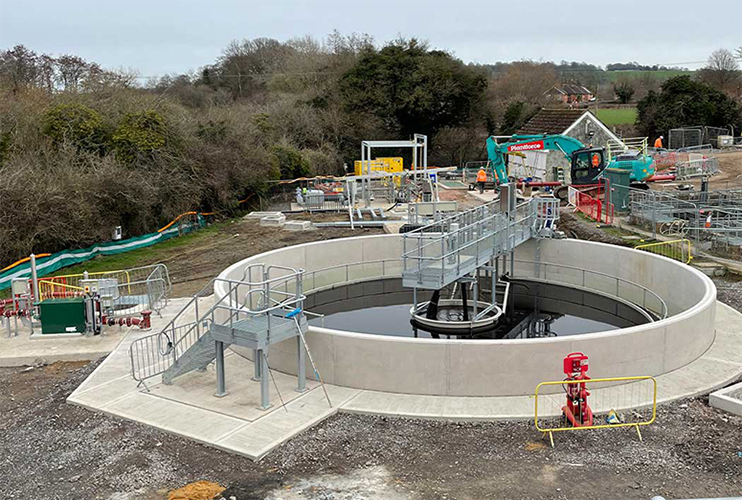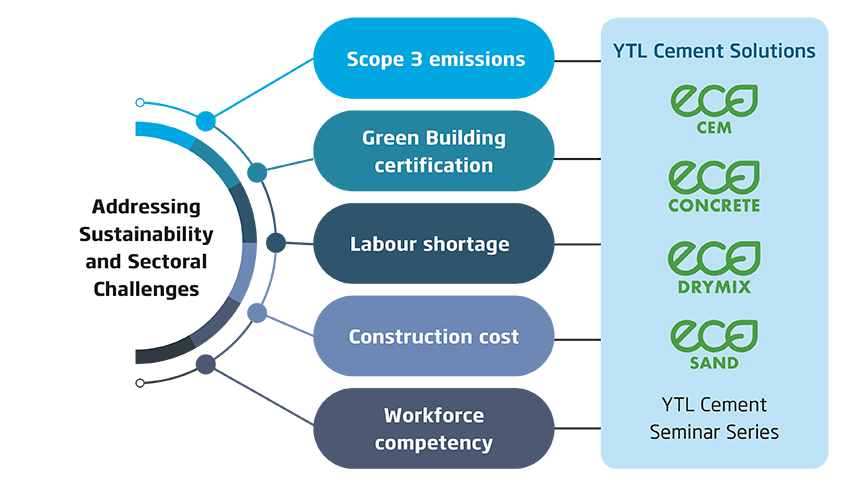THE GARDEN OF EDEN AND PHYSICAL LIMITS OF THE PLANET
In the Garden of Eden, God created man and woman and blessed them, and said to them, "Be fruitful and multiply and fill the earth and subdue it, and have dominion over the fish of the sea and over the birds of the heavens and over every living thing that moves on the earth. Behold, I have given you every plant yielding seed that is on the face of all the earth, and every tree with seed in its fruit. You shall have them for food. And to every beast of the earth and to every bird of the heavens and to everything that creeps on the earth, everything that has the breath of life, I have given every green plant for food." (Genesis 1:27-30)
There are approximately 8.7 million species on Earth which we have the power to both protect and conserve. However, in spite of, or perhaps due to the abundance of life and resources on earth, we are failing to protect this magnificent Garden of Eden, and once we have destroyed our home, it may be irreparable. I believe that when God created nature, he made it to be beautiful in his eyes and ours. As it is written in Genesis 2:9, “God caused to grow out of the ground every tree pleasing in appearance and good for food”. This inherent beauty radiating from within should make protecting the natural environment instinctive, and to ignore the continued and intensifying signs of environmental destruction is not only foolish, but it is utterly irresponsible. Epistemic ambivalence means that whilst we may know the reasons for the current planetary state, we cannot be sure of the actual conditions and trajectory. Whilst a percentage of humankind believes that we need to change the way growth and success are measured, we as a species on the other hand seem unwilling to take challenging and sometimes painful and costly steps. However, we need to be reminded again and again that the costs of adapting to more extreme weather events and the consequences of climate change will be much higher than the costs associated with mitigating our impact.
We must collectively agree and act based on the premise that the Paris Agreement of 1.5°C warming is “a physical limit and not a political target” as Johan Rockström, Director of the Potsdam Institute for Climate Impact Research, reminds us. This year we will not post images of a burning or flooded planet, as you have already seen many since our previous report. Instead, I will attempt to look at some of the key environmental challenges and the transformative, restorative, and regenerative approaches we must now consider, and those that YTL Group is currently pursuing throughout our existing cement, power, water, hospitality, construction, and other newer business units. As testament to the constant transformation and mitigation efforts, we are proud to note that YTL Corporation Berhad has maintained its inclusion in the FTSE4Good Bursa Malaysia (F4GBM) Index for the seventh consecutive year, and improved its score on the range of metrics used to measure overall sustainability performance.

YTL GROUP – ACTING LOCAL, IMPACTING GLOBAL
Understanding and trusting the science is critical, and we do not need optimism to take action. We fully recognise the threats and risks of climate change, and YTL Group continues in its decisive and committed shift in the development of sustainable businesses.
Water is a valuable but generally mismanaged resource, and only 3% of the water on earth is fresh water with an estimated 70% of that locked in ice caps and glaciers. At YTL, we continue to find innovative and sustainable ways to conserve and recycle water in our operations.
Extreme weather events in the UK have created challenges for managing water-stressed regions as well as occasional flooding, and climate change is a threat multiplier. Since these multiple impacts stress the system further, our wholly-owned unit, Wessex Water continues with asset replacement and upgrades, is tackling storm overflows with continued vigour, and is planning to triple investments on further improvements to storm overflows by 2025, amounting to roughly GBP9 million a month with around 93 improvement projects currently in the works.
Meanwhile, at YTL PowerSeraya's Pulau Seraya and Taser power stations, wastewater is discharged to the open sea after undergoing power plant processes. This wastewater discharge, which is within the environmental limits regulated under the Environmental Protection and Management (Trade Effluent) Regulations of Singapore, is about 24.9% of the total water withdrawn.
After water, concrete is the most widely used substance on the planet, and our cement business has been particularly active in driving the development of sustainable construction materials since the mid-1990s. YTL Cement has expanded their range of eco-friendly products such as ECOCem cement, ECOConcrete, ECOSand, and ECODrymix. The Eco Product Range is specifically formulated to reduce the environmental impact of construction projects whilst maintaining durability and safety standards. This is supported by various sustainability and innovation initiatives such as the use of alternative raw materials in cement production, improving energy efficiency, product certification, as well as research and development (R&D). In addition, CO2 information labels were introduced on their cement packaging.
 Storm overflow improvement project at Wessex Water
Storm overflow improvement project at Wessex Water One of YTL Cement's low-carbon ECOCem cement and ECOConcrete products
One of YTL Cement's low-carbon ECOCem cement and ECOConcrete products
We embarked on new green financing initiatives this year, a first for our Group. The YTL Green Data Center Park in Kulai, Johor, Malaysia’s first data centre campus to be co-powered by onsite renewable solar energy, is one of our new digital transformation businesses. This year, we undertook a MYR1.1 billion Islamic term financing facility for Phase 1, with a commitment to secure Gold LEED certification. Integrated with on-site photovoltaic power, the YTL Green Data Center Park aims to provide data storage colocation services to clients looking for more sustainable and lower-carbon solutions within Southeast Asia and serves as the foundation for achieving YTL Power’s greater carbon neutrality for its data centres across the region.
The final vertical which overlays the measurement and management of emissions in our operations and supply chains is our YTL Group decarbonisation targets and roadmaps. The overall group aim of carbon neutral by 2050 has not changed from previous statements, but the roadmap has been refined to include more granularity on specific initiatives. We reaffirm our commitment for Wessex Water to be net zero in operations by 2030 and net zero by 2040, whilst YTL PowerSeraya has set a 60% reduction in emissions against 2010 levels by 2030 and net zero ambition by 2050, and Malayan Cement Berhad (MCB) aspires to be carbon neutral by 2050.
The roadmap for Wessex Water is largely led through internal mitigation of emissions on-site and throughout supply chains, driven by several activities such as utilising biomethane from human and food waste, the reduction and recycling of waste, improved efficiency in operations, and other renewable energy sources such as solar photovoltaic (PV).
For YTL PowerSeraya's carbon roadmap, many initiatives are continuing concurrently. These comprise maximising energy efficiencies of existing combined cycle and cogeneration plants, investing in low-carbon power technologies such as hydrogen-ready power generation plants, the import of at least 100 MW low-carbon electricity by 2030, and through the procurement of eligible high-quality international carbon credits to offset at least 5% of emissions commencing in 2024.
MCB's decarbonisation roadmap covers four areas; production, sustainable construction, CO2 technologies and fundamentals. MCB aims to reduce greenhouse gas emissions from their operations by improving manufacturing processes, employing energy-efficient equipment, and promoting the use of alternative fuels with reduced carbon footprints, alternative raw materials, and renewable energy. MCB’s employees and a supporting ecosystem are important to the success of their decarbonisation initiatives. The group is investing in R&D, the promotion of low-carbon products, and capacity building, in collaboration with industry players and regulators.
Further details of YTL Group decarbonisation roadmaps are in our Environment section on page 22 of this report and in the standalone reports for YTL Power International, MCB, and Wessex Water.
 YTL PowerSeraya's solar PV installation
YTL PowerSeraya's solar PV installation Malayan Cement Berhad is investing in innovation and R&D in its decarbonisation roadmap
Malayan Cement Berhad is investing in innovation and R&D in its decarbonisation roadmapCOMMUNITY, WORKPLACE, EDUCATION AND RESPONSIBLE PRODUCTS AND SERVICES
Whilst matters related to the environment appear to dominate our material issues, the delicate yet clear correlation between planetary health, geopolitical tensions, and societal issues surrounding our workplace and communities at large do not make these any less pressing.
YTL Construction has been very active in organising various events and initiatives that promote workplace diversity, equity, and inclusion (DEI). In recognition, they recently secured the First Runner-Up position for the British Malaysian Chamber of Commerce Award and became the graduates' choice of employers. Wessex Water also continues their progress on DEI initiatives and have formed a Race at Work and Disability Advisory Group and government recognised apprenticeship programme. In terms of workplace health and safety, YTL PowerSeraya obtained the SS 651 standard successfully and also initiated a 3-year safety culture transformation roadmap to promote proactive safety ownership as well as completed the re-certifications of ISO 9001, ISO 14001, ISO 27001, ISO 45001 and BizSAFE STAR. Over the same period, Wessex Water received the President’s Award from the Royal Society for the Prevention of Accidents. Internal and external stakeholder engagement are key to ensuring these initiatives bear fruit, and we strive to empower employees through fluid communication and engagement with events such as townhalls, roadshows, after work activities, the annual Building The Right Thing awards, and our YTL LEAD Conference.
The other side of engagement comes in the form of community programmes and initiatives. YTL Foundation partnered with the University of Birmingham to co-develop the Teachers for Educational Equity Initiative - an initiative that aims to uplift and empower teachers in underserved schools through world-class teacher education, providing teachers with the skills to meet the diverse needs of their students.
Additionally, the KelasKita programme, an online tutoring programme, which is an evolution of the Learn From Home Initiative, allows implementers to provide tuition (online or on-site) through volunteer tutors using the Learn From Home materials. Drawing on the rich bank of Learn From Home's educational content, KelasKita provides organisations and companies with ready volunteers to collaborate with YTL Foundation, Teach For Malaysia and FrogAsia in tutoring students from low-cost housing communities and other underserved communities.
Wessex Water operates Community Connectors that works with local communities to address the concerns brought up by local communities and supports their goals. They select local projects to fund and community actions to support them.
 YTL Construction holding a workshop on workplace diversity, equity and inclusion
YTL Construction holding a workshop on workplace diversity, equity and inclusion
Being responsible was the foundation of Corporate Social Responsibility (CSR), a term we see less and less of now, but which still stands as a central pillar of our commitment and moral obligation to all stakeholders. It is not only to balance their interests, but to provide customers with world-class services and products at reasonable prices. Apart from the array of ecofriendly products developed by MCB detailed on page 5, our other business units work with the same principles.
Following the successful launch of Singapore's First-and-Only customisable green add-on (Renewable Energy Certificates or Carbon Credits) for an electricity plan, YTL PowerSeraya's retail arm, Geneco SG, expanded Power Eco Add-on's availability from new sign-ups and renewals to all of its residential customers. As a result, 3,408 customers had opted for Power Add-on as of 30 June 2023, in line with Geneco SG's commitment to supporting the Singapore Green Plan 2030.

In the UK, like in many other countries, inflation and the cost of living have become major concerns for maintaining sustainable communities. Wessex Water continues to make water affordable and accessible to everyone through their Tailored Assistance Programme (tap), with increased levels of support in 2022. They will further triple the levels of financial support schemes over the next couple of years with the addition of new programmes to help alleviate financial stress in the communities they serve.
CONCLUDING REMARKS - EINSTEIN AND ANGST
When Einstein said that "mankind invented the atomic bomb, but no mouse would ever construct a mousetrap," he was alluding to the concept of humanity unknowingly bent on a path of self-destruction. Whilst we have been on the edge of nuclear war several times, it is humanity’s other inventions that are now slowly but surely eating away at the very fabric of our life and the health of the planet, with fossil fuels at the heart of them. Breaking apart such entrenched systems, infrastructure, and supply chains is not simple, but we have made a commitment to a just and orderly transition ourselves in all our diversified business units.
The extreme weather events and climate disasters of recent years evoke memories of Edvard Munch's famous painting, The Scream. There are several theories about its meaning. It has been suggested that it represented human angst following the massive eruption of Krakatoa, which turned the skies shades of red, partially blocking out the sun, and causing global temperatures to fall by more than 1°C for over a year. In fact, the German name for the artwork was "The Scream of Nature," and Munch himself suggested that whilst out for a walk, he sensed an "infinite scream passing through nature" as the sun was setting, turning the clouds a blood red. It could be this emotion that some of us are feeling now, representing a final call to action.
Whilst YTL Group values are grounded in our strong religious beliefs, our strategy and approach are based on the science. We cannot be luddites, nor technophiles at a critical moment when we are also seeking to balance stakeholder interests. Facilitating a just and orderly transition forms the basis of our response to the climate crisis and the myriad of related impacts.
 Edvard Munch, 1895, The Scream
Edvard Munch, 1895, The Scream
May God bless you in all your endeavours.
TAN SRI (SIR) FRANCIS YEOH SOCK PING
PSM, KBE
Executive Chairman
YTL Corporation Berhad

